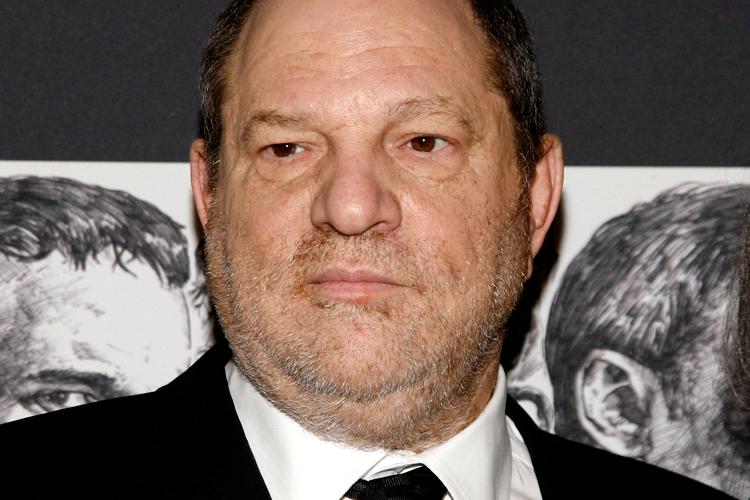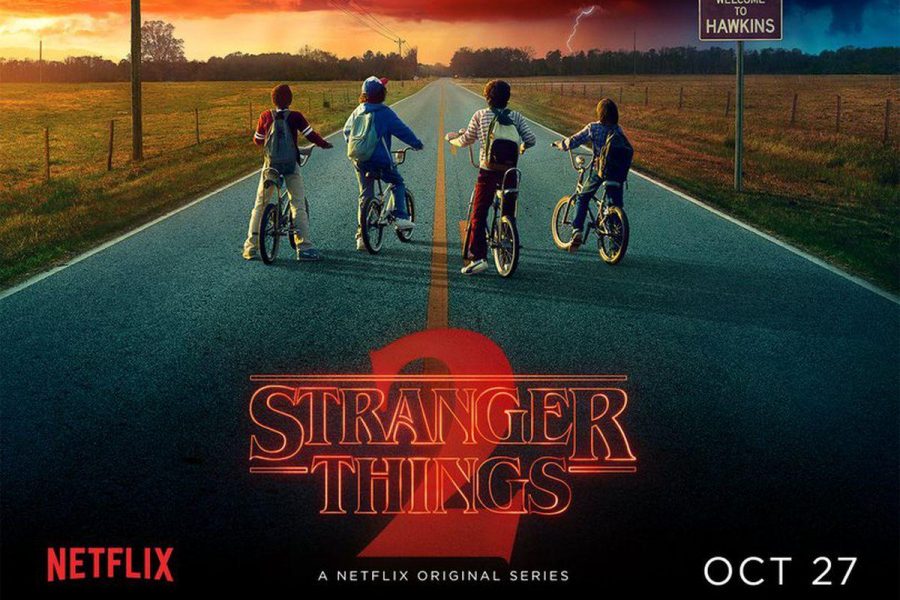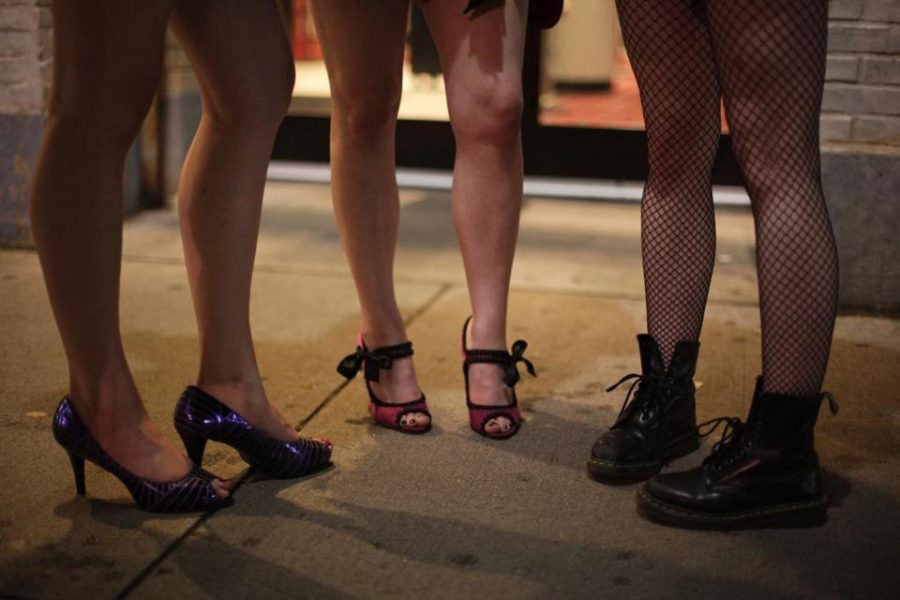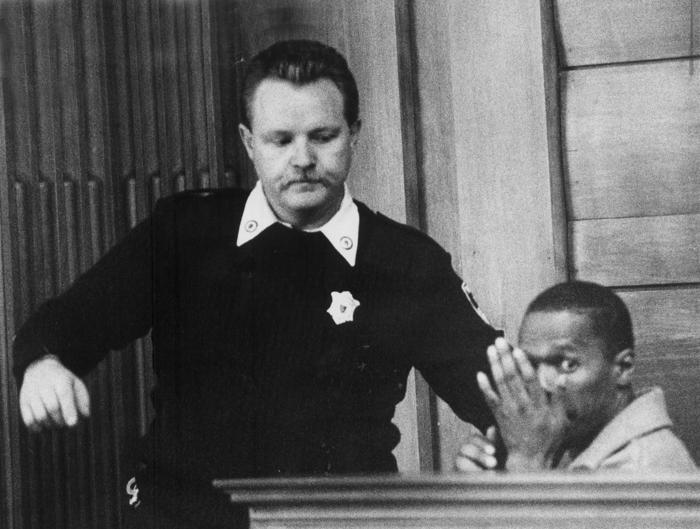By Maya Valentine
Staff Writer
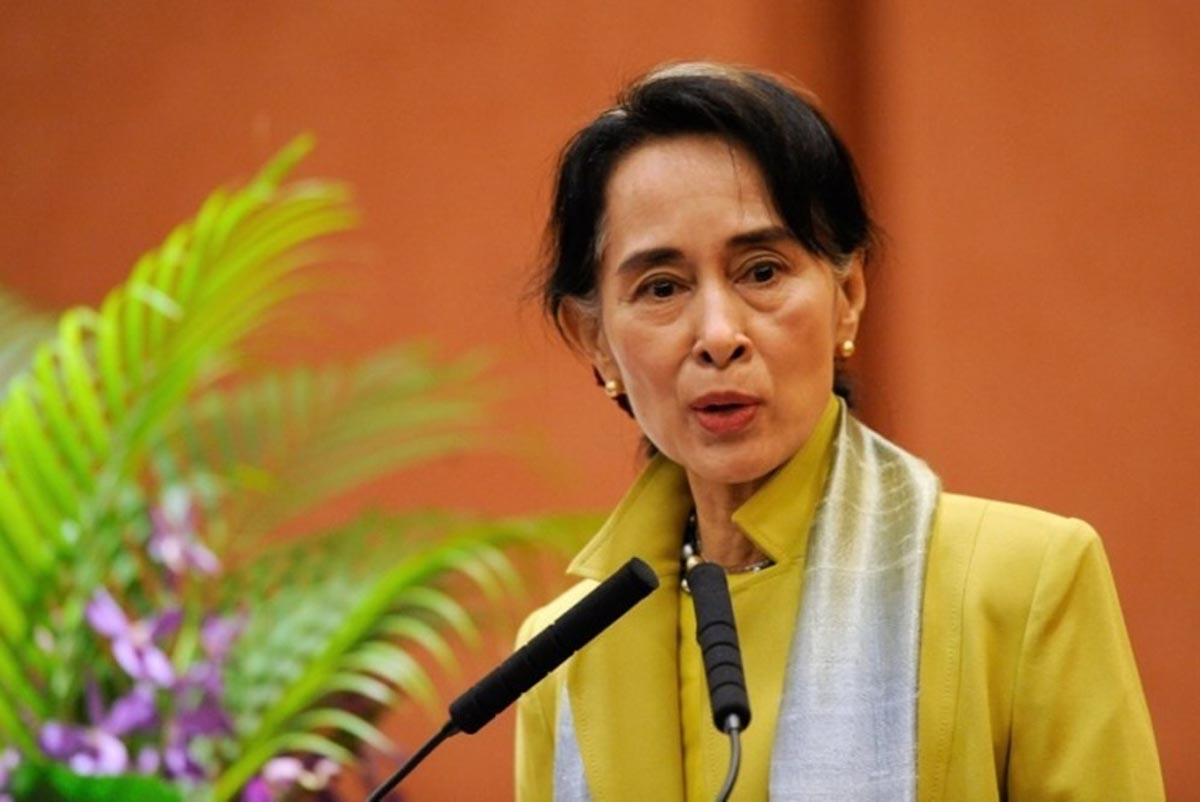
De-facto leader of Myanmar, Aung San Suu Kyi, has been criticized for not addressing the country’s violence towards its Muslim population.
Suu Kyi is known for enduring 15 years as a political prisoner when she advocated for democratic governing in Burma. She was awarded the Nobel Peace Prize in 1991 for her nonviolence philosophy and activism.
Today, the democratic icon has yet to take a stand against the violence employed by her government towards Rohingya Muslims.
The Rohingya have been referred to as the world’s most persecuted minority. In the majority buddhist country, they have experienced oppression from the government since World War II. The Rohingya have even been denied citizenship, despite being in the country for generations.
According to Al Jazeera, the government has been cracking down on Rohingya communities. Attacks include burning down villages, rape, and mass murder. The government has denied the violence.
The military attacks against the Rohingya Muslims has resulted in over 600,000 fleeing to the Bangladesh border. The U.N. has called the crisis in Rohingya a “textbook ethnic cleansing.”
Suu Kyi’s silence has been denounced by other Nobel laureates.
“Over the last several years, I have repeatedly condemned this tragic and shameful treatment,” wrote Nobel Peace Prize winner Malala Yousafzai in September, “I am still waiting for my fellow Nobel Laureate Aung San Suu Kyi to do the same. The world is waiting and the Rohingya Muslims are waiting.”
Desmond Tutu, known for his anti-apartheid activism in South Africa, also called on Suu Kyi to end the violence. “If the political price of your ascension to the highest office in Myanmar is your silence, the price is surely too steep,” he said.
Suu Kyi was known for practicing peace and freedom, but her inadequate denouncement towards the overt human rights violations of the Rohingya leaves many reconsidering her intentions.









